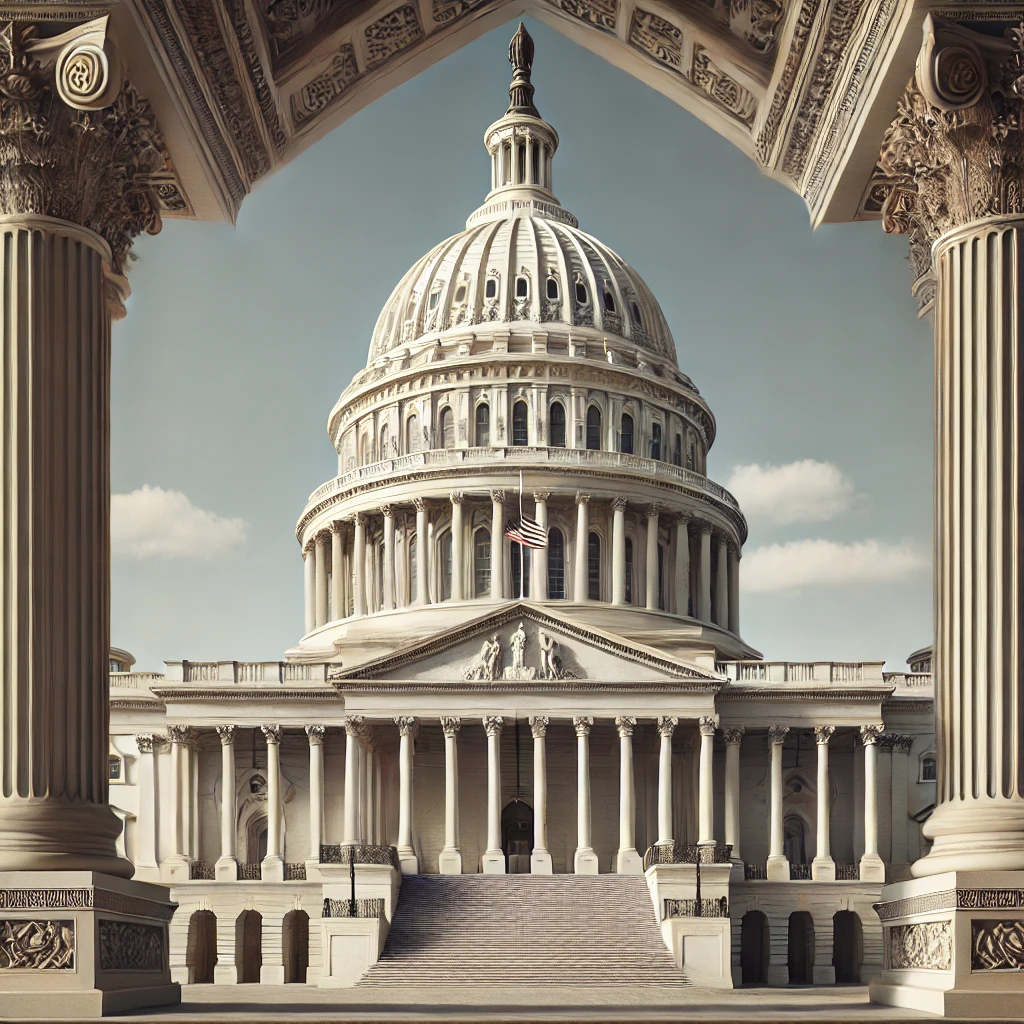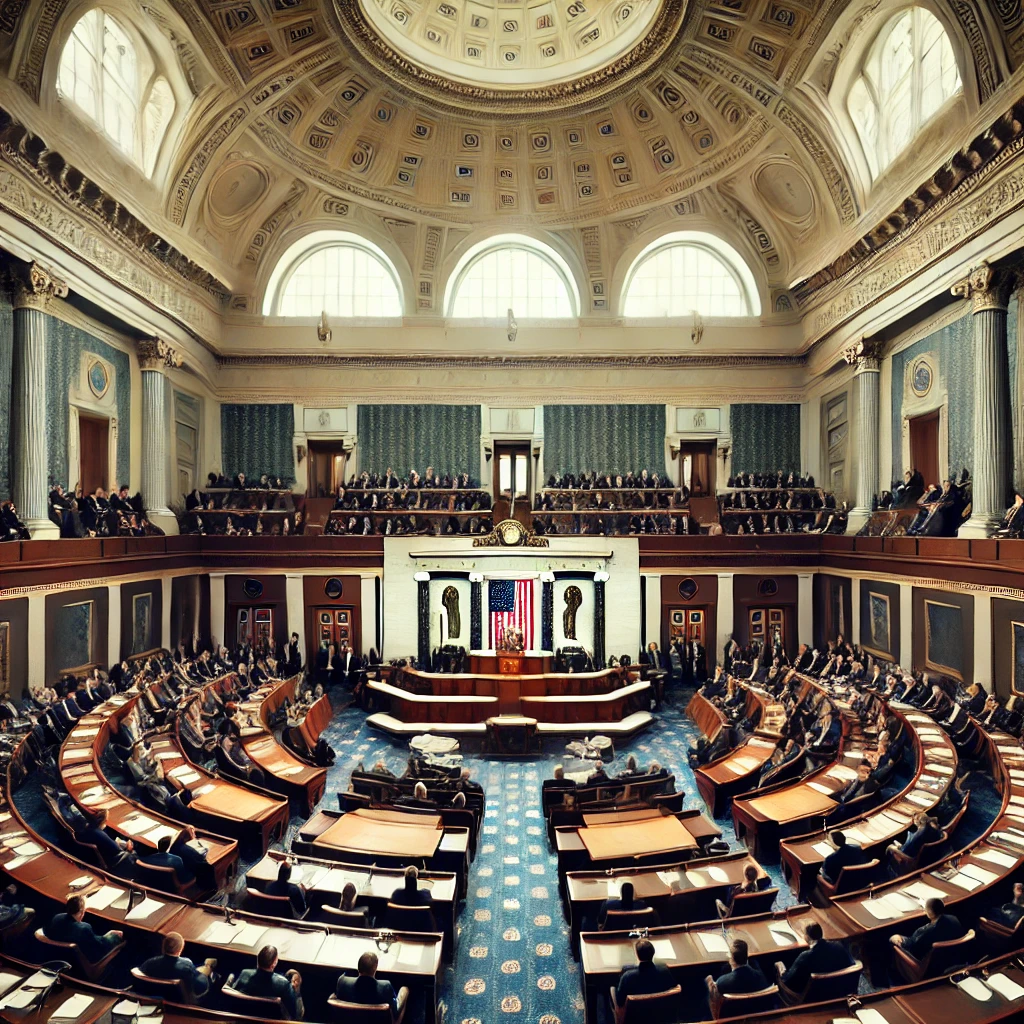On September 8th, 1974, just one month after Richard Nixon became the first U.S. president to resign from office, his successor, President Gerald Ford, made a decision that would become one of the most controversial acts in American political history. President Ford issued a full and unconditional pardon to Nixon for any crimes he might have committed against the United States while in office. This act of clemency, intended to help the nation heal after the Watergate scandal, instead sparked a firestorm of debate and had far-reaching implications for American politics and the presidency.
Richard Nixon’s resignation on August 8th, 1974, was the culmination of the Watergate scandal, a complex web of political espionage, abuse of power, and obstruction of justice that had been unraveling for more than two years. The scandal began with the break-in at the Democratic National Committee headquarters at the Watergate office complex in June 1972, but it soon became clear that the cover-up involved some of the highest levels of the Nixon administration. Facing almost certain impeachment and removal from office, Nixon chose to resign, making Gerald Ford, his vice president, the new president.
Gerald Ford’s Decision to Pardon Nixon
When Gerald Ford assumed the presidency, he inherited a nation deeply divided and disillusioned by the Watergate scandal. The country was still reeling from the revelations of corruption and misconduct at the highest levels of government, and there was a pervasive sense of mistrust in the political system. Ford, who had a reputation for honesty and integrity, was seen as a stabilizing figure who could help restore public confidence in the government.
However, Ford’s decision to pardon Nixon just a month after taking office shocked the nation. In a televised address, Ford explained that he believed the pardon was necessary to move the country forward. He argued that a prolonged legal battle against Nixon would only serve to further divide the nation and prevent the government from addressing more pressing issues. By pardoning Nixon, Ford hoped to put an end to the national trauma of Watergate and allow the country to heal.

The Public and Political Reaction
The reaction to Ford’s pardon of Nixon was immediate and intense. Many Americans were outraged by the decision, seeing it as a betrayal of justice and an attempt to shield Nixon from accountability. Critics argued that the pardon undermined the principle that no one, not even the president, is above the law. The decision also fueled suspicions that a deal had been made between Nixon and Ford, though both men denied any such arrangement.
The political fallout was severe. Ford’s approval ratings plummeted, and the pardon became a significant issue in the 1974 midterm elections, contributing to a Democratic landslide in Congress. The decision also cast a long shadow over Ford’s presidency, ultimately playing a role in his defeat to Jimmy Carter in the 1976 presidential election. Many historians believe that the pardon cost Ford his chance at being elected to a full term as president.
The Legal and Constitutional Implications
Ford’s pardon of Nixon also raised important legal and constitutional questions. The presidential pardon power, as outlined in Article II, Section 2 of the U.S. Constitution, is broad and largely unchecked. However, the use of this power to pardon a former president for crimes committed while in office was unprecedented, and it prompted debates about the scope and limits of the pardon power.
Some legal scholars argued that the pardon set a dangerous precedent by effectively placing the president above the law, while others contended that Ford was within his constitutional rights to grant the pardon. The Supreme Court ultimately upheld the legality of the pardon, but the controversy surrounding it highlighted the complexities and potential pitfalls of the presidential pardon power.

The Impact on Ford’s Legacy
Gerald Ford’s decision to pardon Richard Nixon remains one of the most defining moments of his presidency. While Ford believed that he was acting in the best interests of the country, the pardon has been a subject of debate for decades. Ford himself acknowledged that the decision was politically costly, but he maintained that it was the right thing to do for the nation.
Over time, some historians and commentators have come to view the pardon more favorably, arguing that it allowed the country to move past the Watergate scandal and focus on other critical issues. In 2001, Ford was awarded the John F. Kennedy Profile in Courage Award for his decision to pardon Nixon, recognizing the courage it took to make such a politically unpopular choice.
The Historical Significance of the Pardon
The pardon of Richard Nixon had profound and lasting implications for American politics and the presidency. It highlighted the tension between the need for accountability and the desire for national unity and healing. The decision also contributed to a broader conversation about the limits of executive power and the importance of transparency and accountability in government.
In the years since the pardon, the Watergate scandal and Nixon’s resignation have continued to shape public perceptions of the presidency. The scandal led to greater scrutiny of presidential actions and the establishment of new checks and balances designed to prevent abuses of power. The legacy of Watergate, and the controversy surrounding Ford’s pardon, has influenced how subsequent presidents have exercised their authority and how the public views the office of the presidency.

A Legacy of Controversy and Reflection
The decision to pardon Richard Nixon remains a contentious issue in American history. While some see it as a necessary act of statesmanship, others view it as a failure of justice. Gerald Ford’s legacy is inextricably linked to this decision, and it has shaped how his presidency is remembered.
Ford’s pardon of Nixon serves as a reminder of the complexities of leadership and the difficult choices that come with the presidency. It underscores the challenges of balancing justice with the need for national reconciliation and the impact that such decisions can have on a leader’s legacy. As historians continue to debate the merits of Ford’s decision, the pardon of Richard Nixon remains a significant moment in the history of the American presidency.
